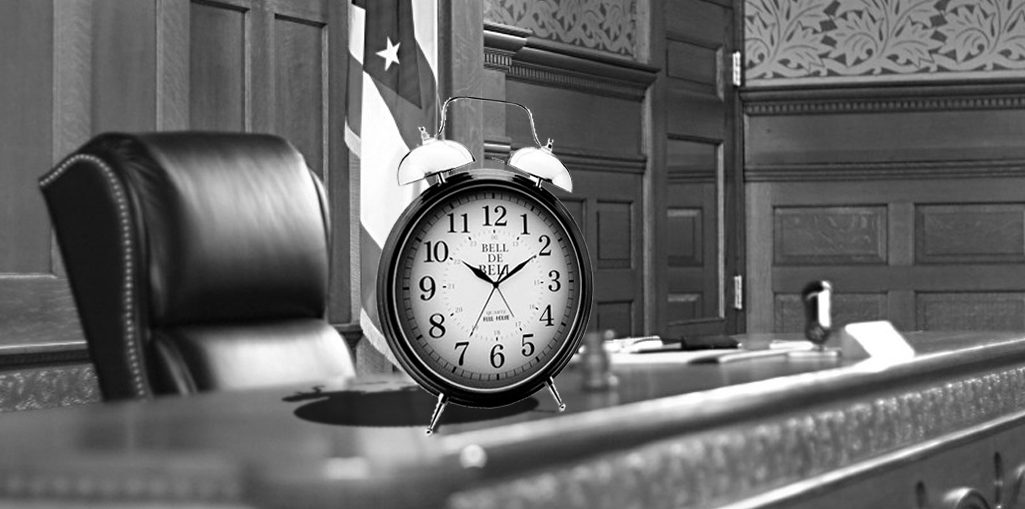People v Labate 42 N.Y.3d 184
New York Court of Appeals
The Legal Issue
The central legal issue in People v Labate revolves around the interpretation and application of CPL 30.30, New York’s speedy trial statute. Specifically, the case examines whether the People (prosecution) should be charged with the entire period of postreadiness delay when they fail to provide an explanation for their unreadiness on scheduled trial dates.
Criminal Appeals Lawyer In New York
See also The Right to A Speedy Trial
Facts of the Case
In the early morning hours of December 10, 2017, Patrick Labate was arrested and charged with multiple misdemeanor offenses, including reckless driving. The charges stemmed from an incident where Labate crashed his car into a parked police vehicle. The People were required to be ready for trial within 90 days, as per CPL 30.30.
On December 28, 2017, the People filed an off-calendar statement of readiness regarding the reckless driving charge. It is uncontested that the People were chargeable with 17 days of delay up to that date. The People declared their maintained readiness at several subsequent appearances, and there were various adjournments for discovery and motion practice.
On the first scheduled trial date of September 5, 2018, a different prosecutor appeared for the People and requested an adjournment to September 17. The prosecutor did not provide a reason for the adjournment request. The court then proposed adjourning the matter until October 18, and both defendant and the People agreed.
On October 18, 2018, a different prosecutor appeared and indicated that the People could not proceed that day, requesting an adjournment to October 29, 2018. The People explained that the previous prosecutor had been promoted and was no longer handling the case. When asked why the People could not proceed that day, the current prosecutor responded that she was “not sure.” The court ordered the People to file another certificate of readiness, which they ultimately did.
After some additional appearances and adjournments, the parties appeared before the court on February 4, 2019. The People were ready for trial, but defendant moved to dismiss the reckless driving charge on speedy trial grounds, contending that the prosecution’s delays exceeded the 90-day limit of CPL 30.30. Defendant argued that the People’s statement on September 5 that they would be ready for trial on September 17 was illusory and, therefore, the People should be charged with all 43 days of the earlier adjournment from September 5 to October 18, not just the 12 days they had requested.
Court’s Holding
The Court of Appeals affirmed the Appellate Term’s decision to dismiss the reckless driving charge against Labate. The court held that the entire 43-day adjournment period from September 5 to October 18, 2018, was chargeable to the People because they failed to provide any explanation for their unreadiness on the scheduled trial dates. The court emphasized that in a postreadiness context, the People bear the burden of ensuring that the record explains the cause of adjournments sufficiently for the court to determine which party should properly be charged with any delay.
Applicable Law
CPL 30.30: This statute requires the People to be ready for trial within a specific time frame based on the highest charge in the accusatory instrument. In misdemeanor cases, the People must be ready for trial within 90 days. The statute addresses prosecutorial delays and mandates dismissal if the People are not ready within the statutory period, unless certain periods are excludable.
Postreadiness Delay: Once the People have declared readiness, any delay resulting from their own inaction is generally charged to them. However, delays attributable to the court, such as court congestion, are not charged to the People.
Illusory Statement of Readiness: A statement of readiness is presumed truthful and accurate. However, if the People are not actually ready at the time they declare readiness, the statement is considered illusory and insufficient to stop the running of the speedy trial clock.
Key Terms for Better Understanding
- CPL 30.30: New York’s speedy trial statute that sets time limits for the prosecution to be ready for trial.
- Reckless Driving: Operating a vehicle in a manner that endangers the safety of others.
- Postreadiness Delay: Delay occurring after the prosecution has declared readiness for trial.
- Illusory Statement of Readiness: A statement of readiness that is not genuine because the prosecution is not actually ready for trial.
- Adjournment: A postponement or delay of a court proceeding to a later date.
- Certificate of Readiness: A document filed by the prosecution indicating that they are ready to proceed to trial.
- Court Congestion: A situation where the court’s schedule is too full to accommodate a trial, causing delays.
Conclusion
The People v Labate case underscores the importance of the prosecution’s duty to provide explanations for postreadiness delays. The court’s decision to charge the entire 43-day adjournment period to the People highlights the need for transparency and accountability in ensuring a defendant’s right to a speedy trial. This case serves as a reminder that the prosecution must maintain readiness and provide valid reasons for any delays to avoid dismissal of charges under CPL 30.30.
